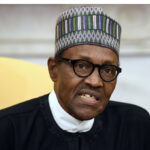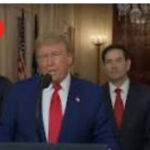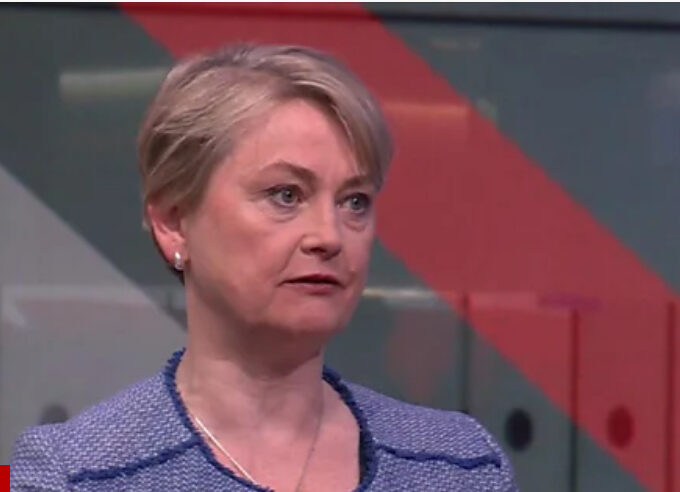Atiku Bagudu the Minister of Budget and Economic Planning, has sided President Bola Tinubu’s economic reforms and for getting rid of fuel subsidy.
Bagudu noted that the removal of fuel subsidy is a crucial step for Nigeria’s economic development.
In the September 27, 2024, edition of The Explainer (Volume 28), a weekly publication of the National Orientation Agency, Bagudu highlighted a crucial oversight in fuel subsidy debates: diesel and kerosene prices have been deregulated, while petrol prices remain relatively low.
Bagudu emphasized the need to shift towards Compressed Natural Gas (CNG) as a cost-effective energy solution, particularly for transportation, due to its numerous benefits, including reduced environmental impact and lower costs compared to traditional fossil fuels
“The President addressed the fuel subsidy issue and the debate surrounding CNG adoption. While this transition may cause temporary shocks, particularly for vulnerable groups, with the right measures in place, we can build a more competitive energy sector that will drive growth,” Bagudu stated.
He also highlighted that President Bola Tinubu’s administration is tackling these challenges through the Renewed Hope Agenda, which includes social intervention programmes aimed at easing the impact of the economic reforms.
Bagudu said the president’s strategy focuses on confronting difficult realities while establishing the foundation for long-term growth.
“Our economy is currently small. The federal budget is approximately $20 billion. When compared to countries with similar populations, such as Indonesia, with a federal budget of $213 billion, or Brazil, with $750 billion, it becomes evident that we cannot achieve our economic objectives if we continue on this path. Our revenue must be higher.
“The clearest sign of this is seen in the monthly federal allocation meetings, where we distribute less than $2 billion across the three tiers of government. Even with this, the total is only $24 billion annually, which is insufficient. State governments that depend heavily on this allocation are under severe strain,” Bagudu explained.
He also highlighted Tinubu’s ambition to transform Nigeria into a $1 trillion economy, noting that achieving this requires making tough decisions.
Bagudu added, “A key focus area is managing our foreign exchange. We do not have enough foreign currency reserves, so it is essential for the Central Bank to operate independently.
“The President supports this, following the examples of other nations that have faced similar challenges. A market-based system, rather than one that selects winners and losers, will attract more revenue and help stabilise the exchange rate.”
He praised Tinubu’s vision of empowering young people through a 3-million-youth training programme in areas like automation, artificial intelligence, and robotics. He also underscored the administration’s support for agriculture, SMEs, and microcredit schemes to revitalise domestic economic activity.
“The recent oversubscription of the dollar bond by $900 million reflects growing confidence in our economy. Rating agencies have also given favourable evaluations.
“In international interactions, we receive commendations for the steps being taken, as these measures have spurred growth in other countries. Even in Saudi Arabia, officials have expressed their support for the President’s initiatives, praising his focus on economic reforms,” Bagudu said.
















Leave a comment